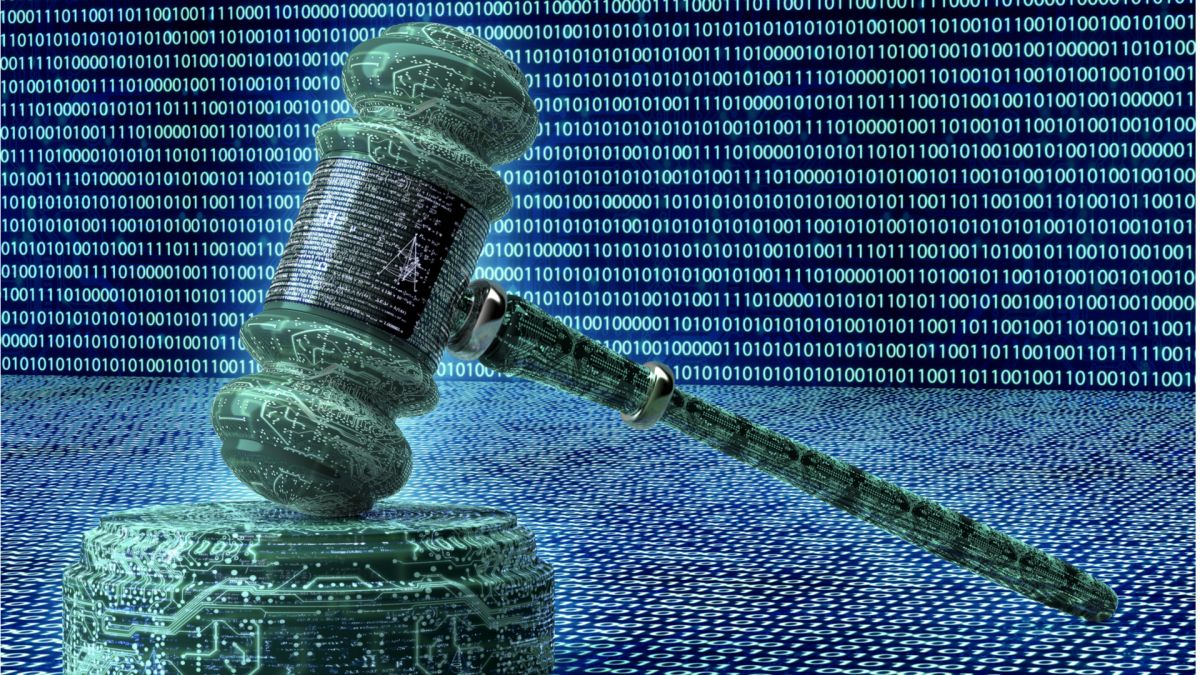
The US Department of Justice (DoJ) has softened its treatment of ethical hackers.
Hackers carrying out “good faith” security research will no longer be charged under the Computer Fraud and Abuse Act (CFAA).
The department defined “good faith” security research as accessing a computer solely for the purposes of “good-faith testing, investigation, or the correction of a security flaw or vulnerability, where such activity is carried out in a manner designed to avoid any harm to individuals or the public”.
What is now allowed?
However, the DoJ highlights that claiming to be conducting security research is not a “free pass” for those acting in bad faith.
For example, the DoJ clarified that discovering vulnerabilities in devices to extort their owners, even if claimed as “research,” is not in good faith.
The policy advises prosecutors to consult with the Criminal Division’s Computer Crime and Intellectual Property Section (CCIPS) about specific applications of this factor.
The DoJ were also able to confirm that certain activities will not be sufficient to warrant federal criminal charges.
These include creating misleading profiles on dating websites; creating fictional accounts on hiring, housing, or rental websites; using a pseudonym on a social networking site that prohibits them; checking sports scores at work; paying bills at work; or violating an access restriction contained in a term of service.
All federal prosecutors who wish to charge cases under the Computer Fraud and Abuse Act are required to follow the new policy, and to consult with CCIPS before bringing any charges.
Prosecutors must inform the Deputy Attorney General (DAG), and in some cases receive approval from the DAG, before charging a CFAA case if CCIPS recommends against it.
The new policy, which takes effect immediately, replaces an earlier one issued in 2014.
Independent white hat hackers are increasingly playing a role in uncovering cybersecurity vulnerabilities.
A lone wolf researcher going by the name of hyp3rlinx has discovered that some of the most popular ransomware strains, such as Conti, REvil, LockBit, including many others, carry a flaw that makes them vulnerable to DLL hijacking.
